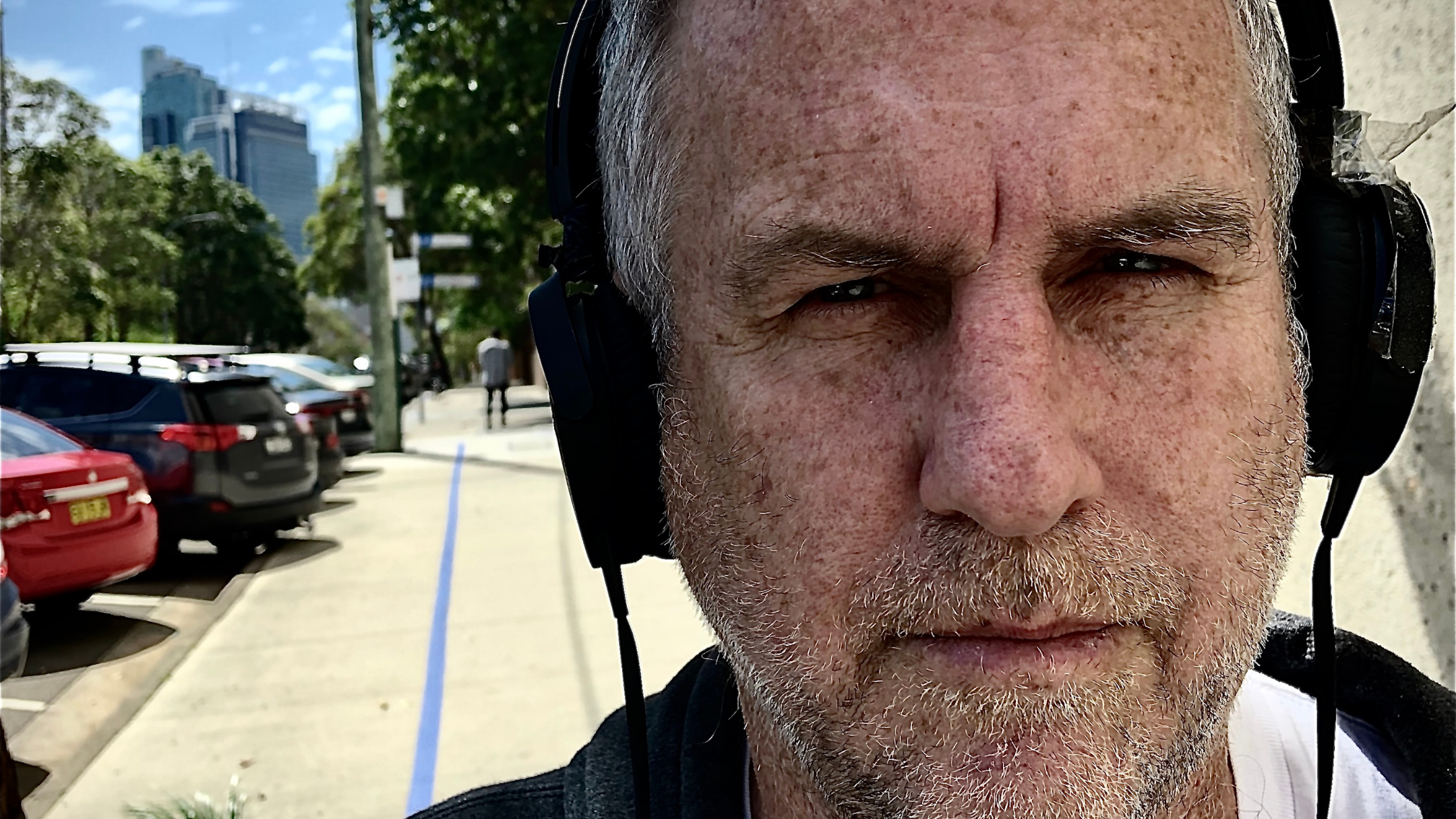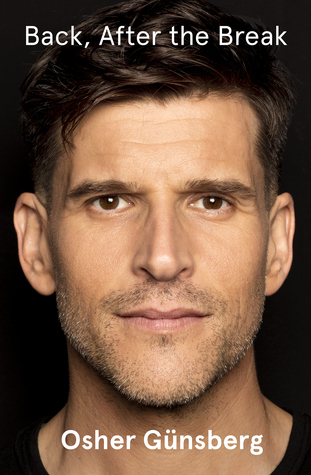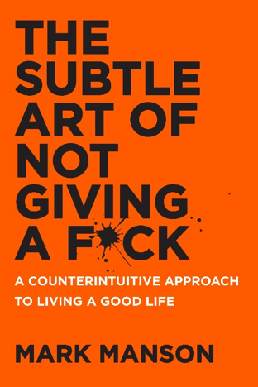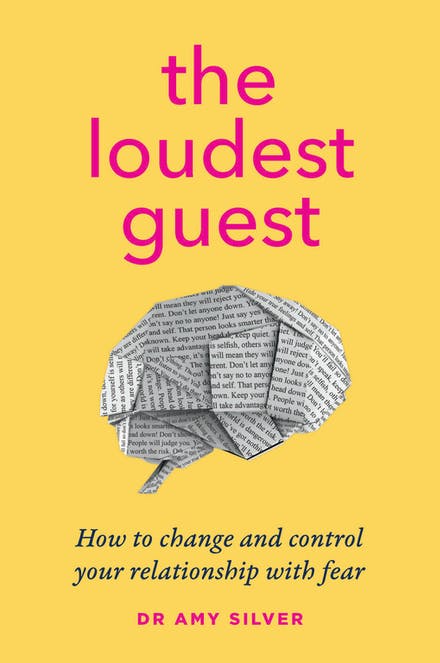Choose an Option
WHAT IS RESILIENCE?
Resilience is the ability to respond and adapt well in the face of adversity, trauma, tragedy, or major sources of stress–such as family and relationship problems, health issues, or workplace and financial stressors. It’s the act of “bouncing back” from really tough experiences or events.
Being resilient does not mean that a person does not experience difficulty or isn’t impacted by distressing events. The impact of adversity and trauma on anyone is often painful,challenging and bloody unfair. However, resilience enables one to weave a powerful story inthe wake of such challenging experiences–assisting in one’s recovery and one’s ability to build a richer, more fulfilling life.
Resilience is not a trait that you’ve either got or you don’t. It can be nurtured and developed in everyone, through certain behaviours, thoughts and actions.
HOW TO BUILD RESILIENCE
Make connections
Meaningful relationships with family members, friends or others can help build resilience. Not only does this give you access to help and support from others, but it also helps you see how you can show up for other people in their times of hardship, thereby developing greater confidence in your own ability to move through adversity
Avoid seeing obstacles as insurmountable
You cannot help the fact that life will throw some pretty stressful and unpleasant stuff your way from time to time. You can, however, change how you respond to it. While some things seem completely dire in the moment, there is nothing that cannot be overcome in time–try looking beyond the present moment to how the future might bring relief, perspective and/or growth.
Learn to love and respect yourself
Be gentle with yourself, allow yourself to try new things, and develop confidence in your ability to solve problems and overcome obstacles. Remind yourself “You got this.”
Make moves towards being your best self
Set some achievable goals and move towards them regularly. Develop a clear understanding of what your values are and what deeper needs motivate you. Celebrate yourself for your achievements, big or small. And instead of focusing on things that seem so far out of reach, consider what small action or behaviour you can commit on a daily-basis that helps you move in the direction you want to go.
Take action–even when things are hard
When a challenging situation presents itself, make the decision to take action, instead of wallowing in self-pity or detaching from the reality of your problems by ignoring them and wishing they would go away on their own.
Accept change as inevitable
Get creative
Look on the bright side
Be open to learning about yourself
Look after yourself
OK, WHAT NOW?
Ask for help and recognise when you might be struggling.
Look for books, podcasts and other resources
Books and podcasts can be great to learn more about how other people have overcome extreme hardships in their own lives. These stories might help inspire or motivate you to focus on building resilience.
Find a mental health practitioner that’s right for you
Ask around, get on Google, speak to the Support Act Wellbeing Helpline, or ask your GP for recommendations. There is a huge marketplace of mental health professionals out there, available in-person, online and over the phone.
Call the Support Act Wellbeing Helpline on 1800 959 500
The Support Act Wellbeing Helpline is a free, confidential counselling service that is available 24/7 to anyone working in Australian music or the arts, who needs to talk to someone about any aspect of their wellbeing.
It is delivered in partnership with Access EAP*, with funding support from the Australian Government through the Office for the Arts, and is staffed by professional counsellors who offer expertise in all areas related to mental health (e.g. depression, anxiety, addiction, suicidal feelings) as well as issues which can be mental health related (such as loneliness, relationship breakdown, financial worries, illness and workplace conflict).
Remember: If you, or someone you care about, is in crisis or at immediate risk dial 000 now.
EXPERT / AMBASSADOR ADVICE
VIDEO HUB
Julia - Musician
Julia speaks about her mental health struggles and how SA helped.
BLOG ARTICLES ON RESILIENCE
TOP 3 PODCASTS
Missy Higgins | 81 MIN
The Imperfects
Everyone is imperpect, Hugh van Cuylenburg, founder of The Resilience Project interviews a variety of different people who are willing to make themselves vulnerable, by sharing their own struggles and imperfections.
Hugh and comedian Ryan Shelton then discuss the valuable takeaways we can all apply to our own imperfect lives.
Listen to The Imperfects here
Rejecting Ed Sheeran | 30 MIN
We Regret To Inform You: The Rejection Podcast
Every successful artist, creative and entrepreneur has faced rejection and failures along their way to success, this podcast goes into their stories and how these individuals tackled and used these setbacks to reach their goals.
Listen to We Regret To Inform You here
How to Fail: James Acaster | 62 MIN
How To Fail With Elizabeth Day
A podcast that celebrates that things don’t always go right. Every week a new guest join’s host Elizabeth Day on How to Fail to explore what their failures taught them about how they use them to succeed.
Listen to How To Fail With Elizabeth Day here.








